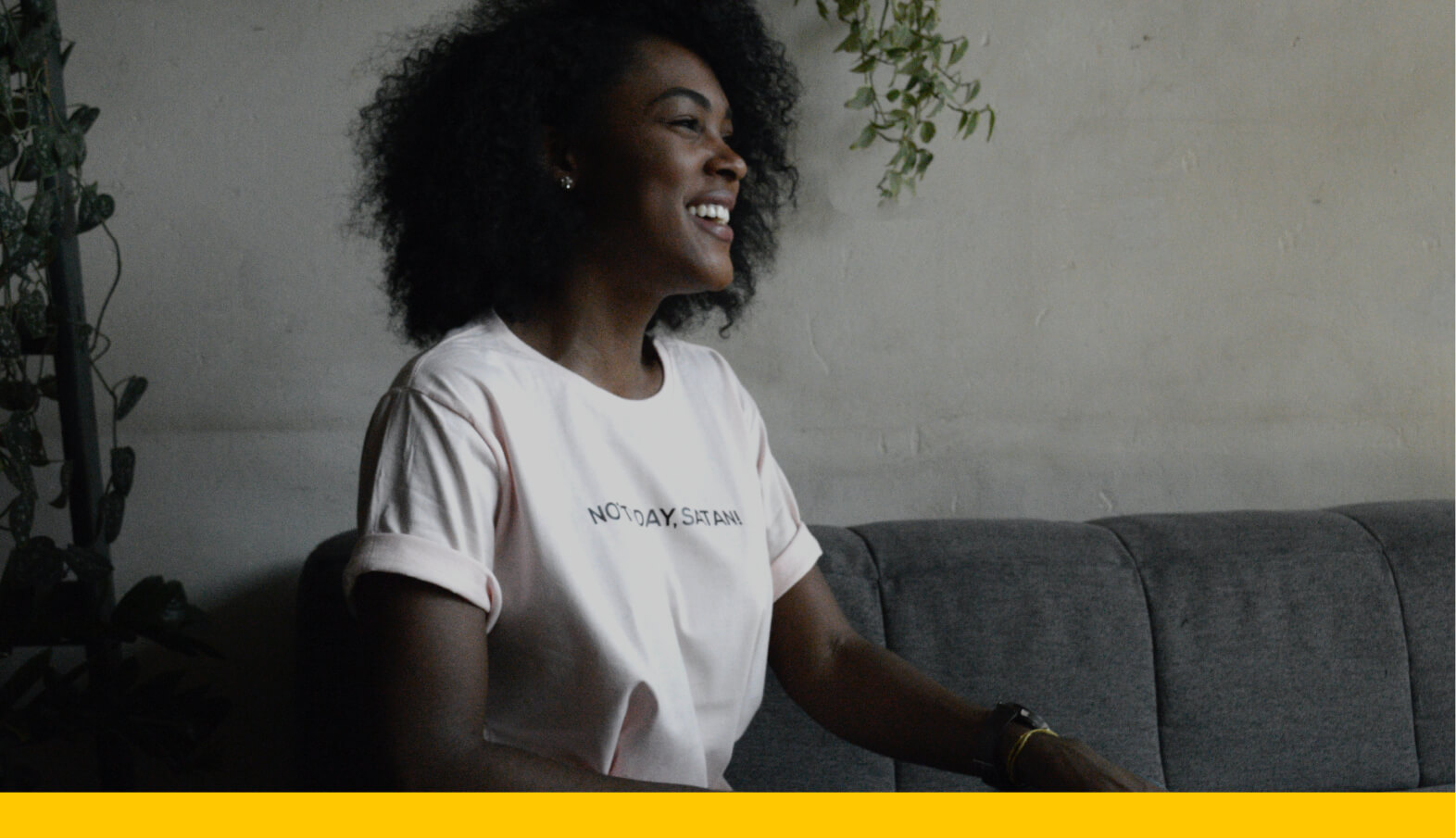
Tips on creating pre-recorded interviews and questions to ask
Author: Phoebe Rivas
Published: February 2023
Hiring the next great candidate always brings a sense of accomplishment, but the journey to get there can be laborious and time-consuming when screening applicants over the phone. Between time zone differences and scheduling conflicts, a simple screening call can end up delaying the hiring process for weeks. So why not try pre-recorded video interviews instead?
Pre-recorded video interviews have become increasingly popular in the last few years, helping recruiters save time and speed up the time to hire. They allow you to:
Screen more candidates in less time.
Quickly identify candidates who aren’t suited for the role.
Create a shortlist of top candidates to invite for a face-to-face or live video interview.
Pre-recorded interviews, also known as one-way interviews, ask candidates interview questions asynchronously. This means you can create your pre-set questions and candidates can record a video of their answers at their convenience. Say so long to phone screening days!
But how do I get started on creating a pre-recorded video interview? Glad you asked. We’ve put together some tips and best practices to follow when you’re ready to begin the process.
When candidates record their answers to interview questions, it’s a great way to capture their soft skills—like how they communicate, their personality, and their critical thinking capabilities.
Using open-ended questions will give candidates a chance to show you what they’ve got. Below are a few examples:
Why are you interested in working for this company?
What is your best quality?
What about this job excites you the most/least?
Why do you want this job?
What is your dream job?
They might not necessarily need to answer the last question with the job they’re interviewing for, but do they describe what their dream job looks like? Is the job they’re applying for going to give them what they’re searching for?
Role-playing or situational questions are another way to gain insight into their soft skill set. Situational questions can start with the following:
Tell me about a time…
Describe a situation…
What would you do…
Give me an example of a time…
Asking close-ended or knockout questions in a pre-recorded interview is a quick and easy way to get those pesky “yes” or “no” answers out of the way earlier. For example, you can ask the following in pre-recorded interviews:
Do you have experience using X software?
Are you legally allowed to work in X country?
Do you have X degree/license/certification?
What are your salary expectations?
It may seem like a bold move to ask about salary expectations right away but it’s better to know if you’re able to meet the candidate’s expectations early on before moving them to the next stage.
Once candidates record their answers, you’ll have a file of their responses for future reference. As an added bonus, you won’t have to jot down their responses during an interview.
You can go down a traditional route and write out a list of questions for your candidates to answer via video. Or consider a more modern approach by recording a video of yourself asking questions to candidates that they can respond to by recording their own videos. Help take the pressure off candidates by putting your face to the interview questions, so that their experience feels more conversational and personal. You can also introduce yourself, the company, and the role in your video, saving you from repeating yourself over and over again to each candidate.
It’s important to keep in mind that pre-recorded interviews won’t necessarily replace face-to-face or live interviews. The idea is that one-way interviews can assist in the initial screening of candidates as you might not get all the information you need from a resume—it can give candidates an opportunity to elaborate on additional skills and experience.
When it comes down to reviewing interview answers from candidates, here are some things to keep in mind:
Does the candidate give thorough responses while staying concise?
Do they give real-world examples?
Have they prepared and done some research?
Are they enthusiastic about the opportunity?
As candidates are given time to think about the questions, it’s a good opportunity to see if they have prepared themselves. Have they put effort into making themselves and their space appear professional?
It’s important to remember this isn’t a strict rule book to follow but it’ll surely help narrow down the bucket of applicants. And if you’re still playing phone tag to screen candidates, maybe think about how much time you’d save if you switched.